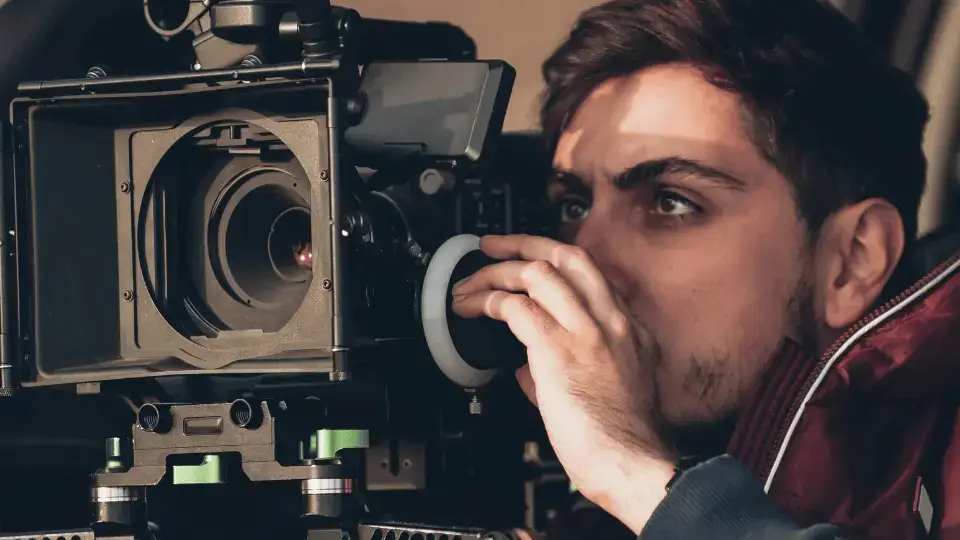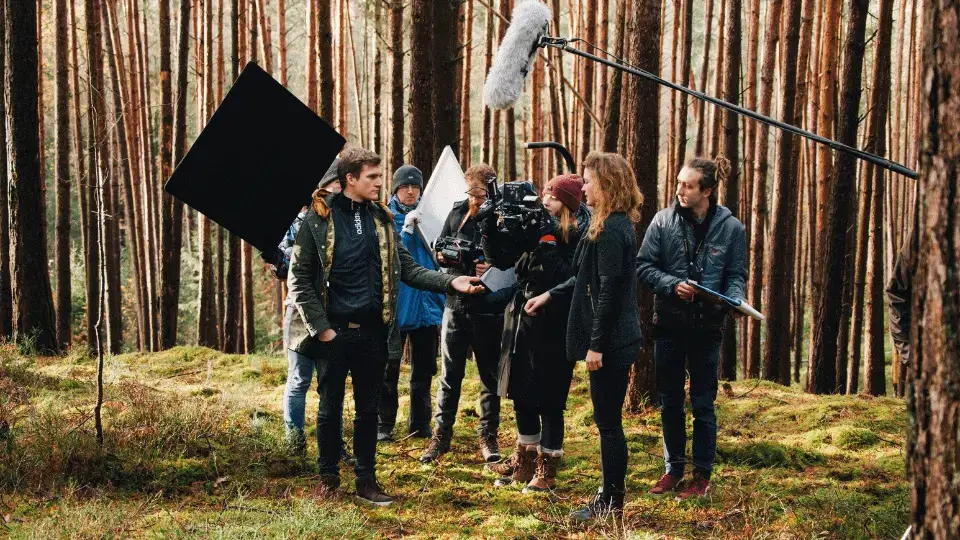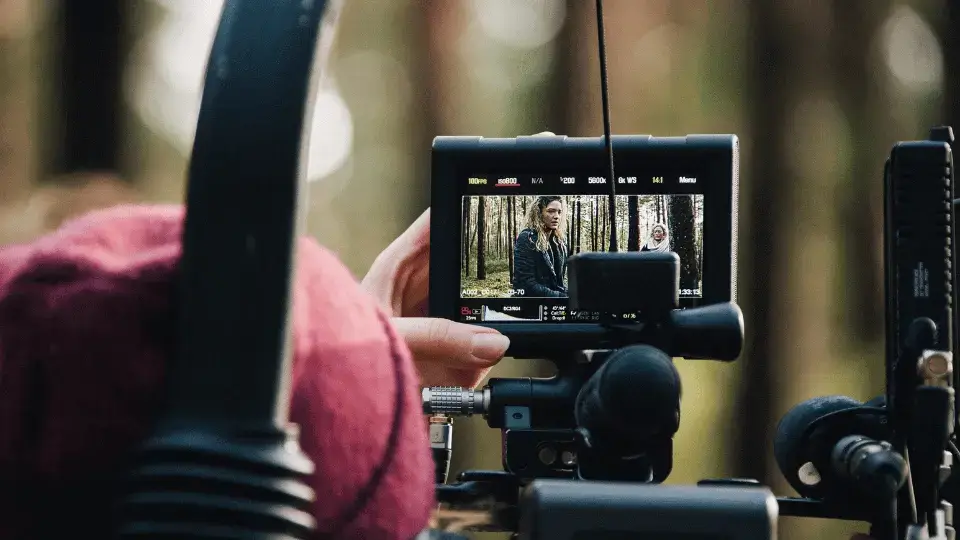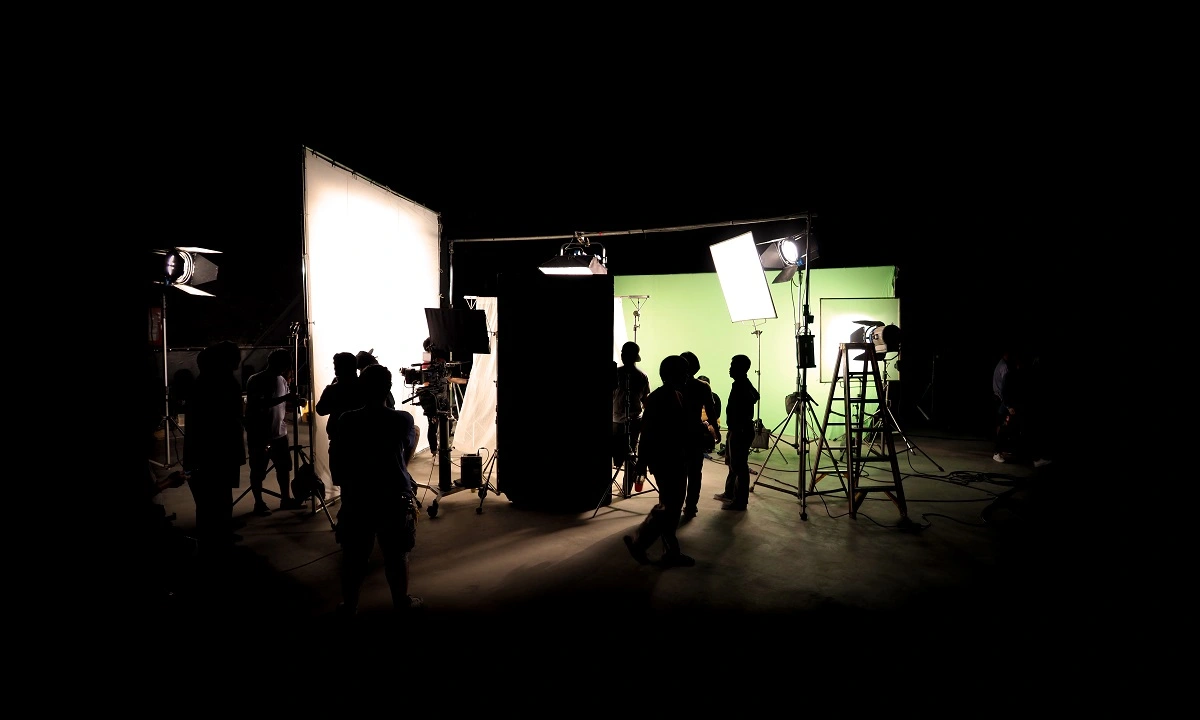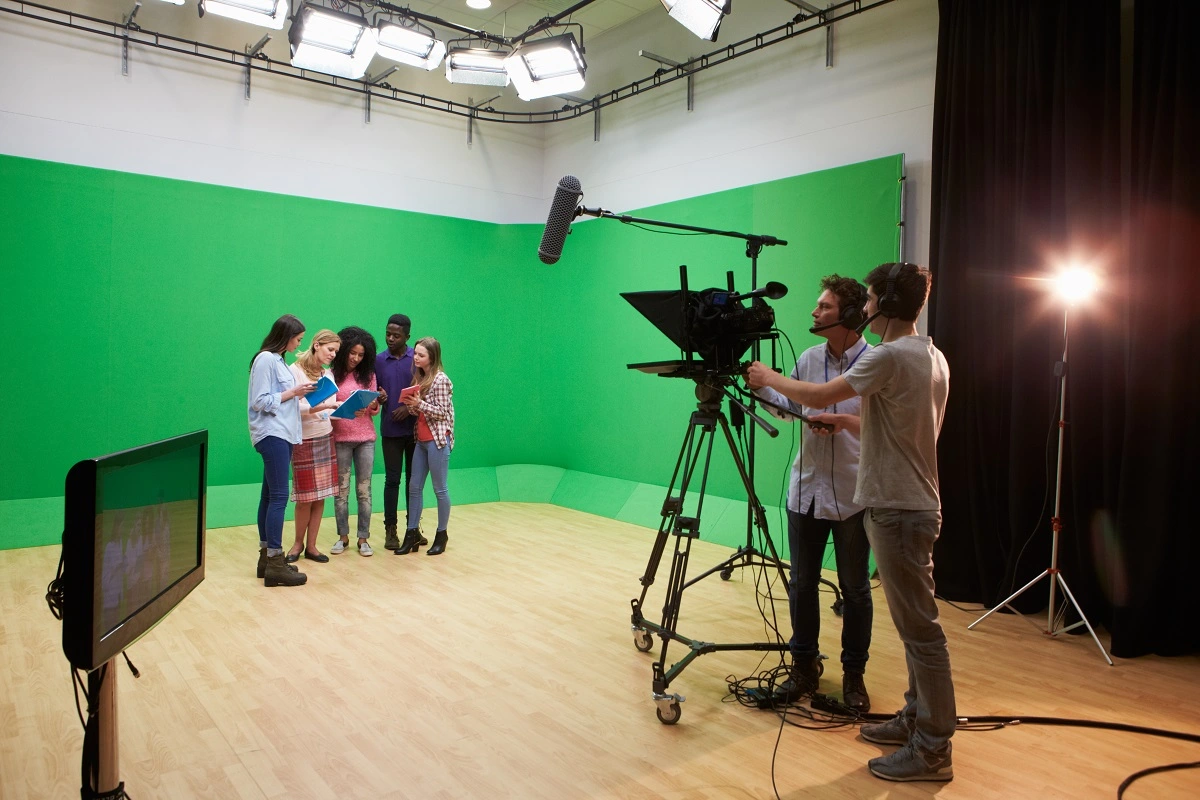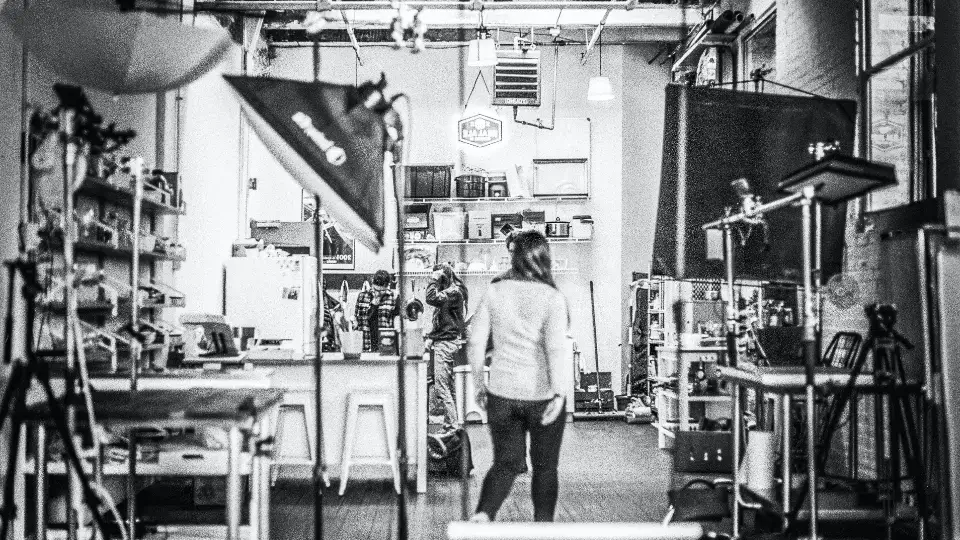5 Tips for Landing a Movie Summer Job: Career Advice for Students
Learn how to land your dream movie summer job with these 5 tips. Start your search early, network with others in the industry, tailor your application materials, demonstrate your flexibility and willingness to learn, and consider taking the NYU Film and TV Industry Essentials online course. Read now for expert career advice.
